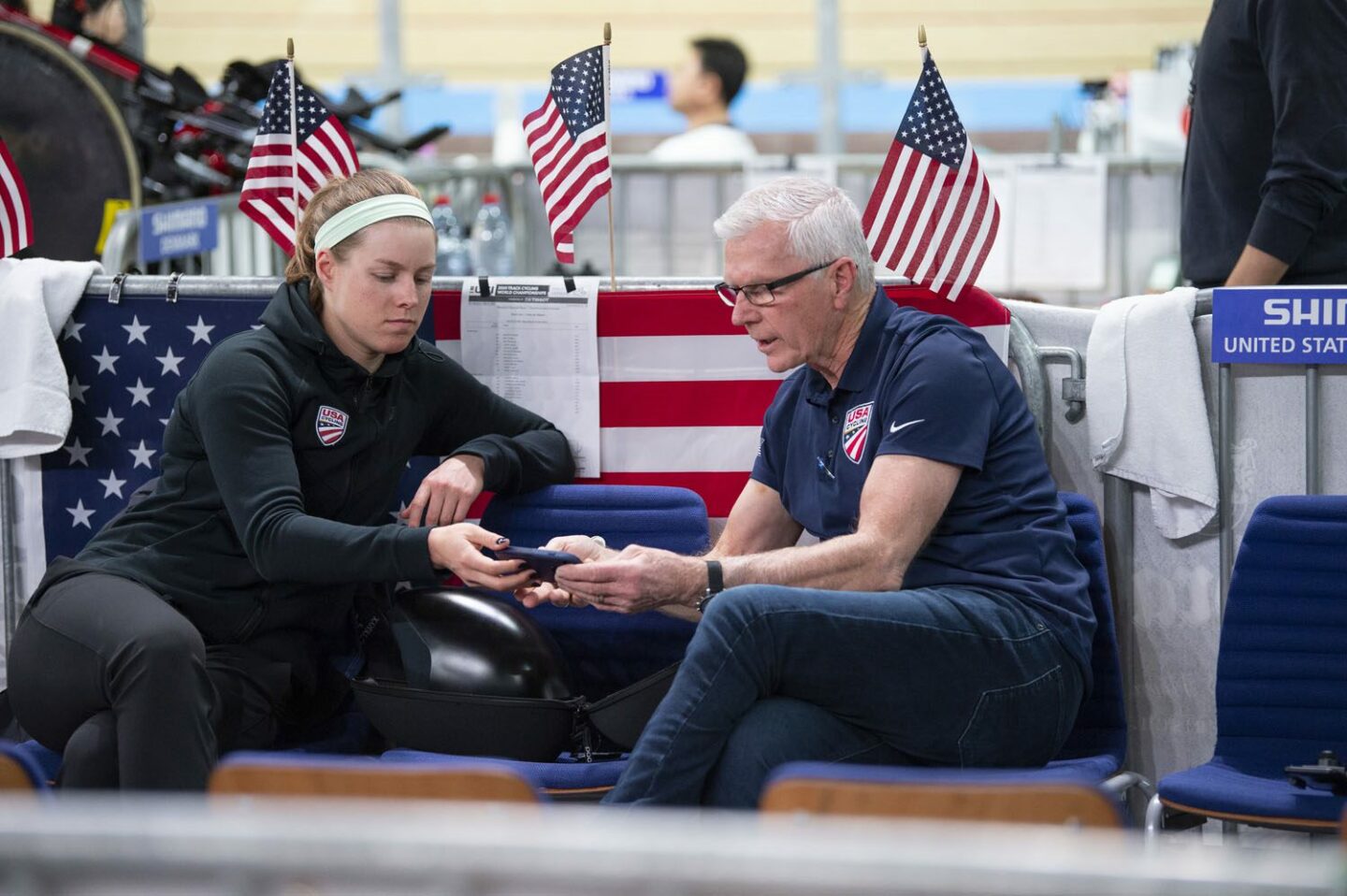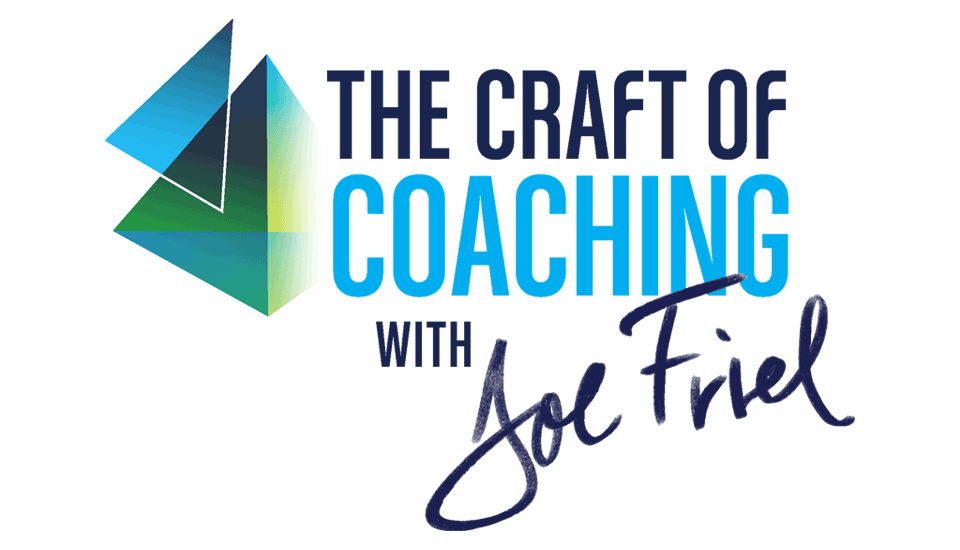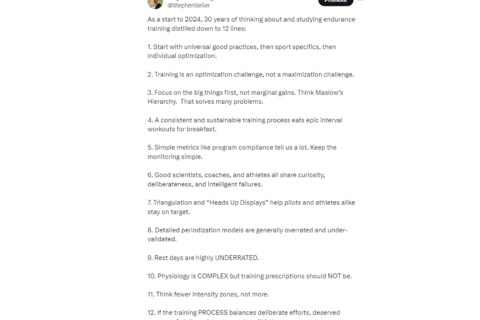How you assess and analyze performance with your athletes can have a huge impact on their progress. Here’s our guide to ensuring that post-race debrief goes as smoothly as possible.
How you assess and analyze performance with your athletes can have a huge impact on their progress. Here’s our guide to ensuring that post-race debrief goes as smoothly as possible.





